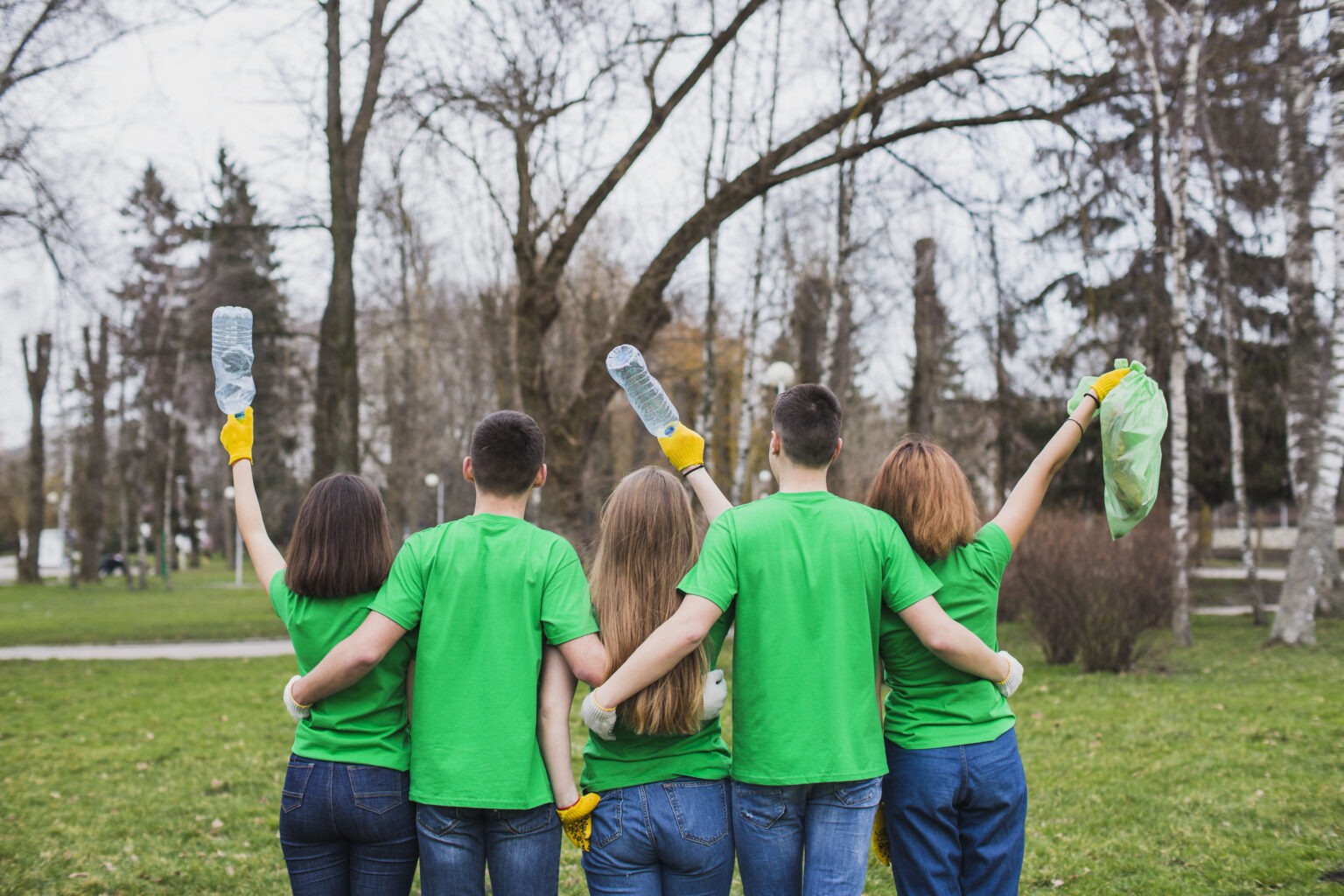This connection should be fostered through civic education, so that young people can acquire knowledge about the political system, their rights and how to get involved. But also, through environmental education, to recognise their crucial role in environmental action, to promote understanding of the challenges facing the world and to help young people acquire the knowledge, skills, and competences they need to enjoy a better quality of life and to contribute to the formulation and implementation of policies for a more environmentally responsible and socially just society, both now and in the future.
From the point of view of raising awareness on political, civic, and environmental issues, youth volunteering is an extremely useful tool to prepare young citizens for the future, offering them practical opportunities to apply their acquired knowledge and to promote a more participatory environment.
Such initiatives play a crucial role in creating citizens who are aware of and committed to the well-being of the community and the environment. By participating in volunteering activities, young people become protagonists of social change in their community, gain a practical insight into the functioning of the political system and how they themselves can contribute to the democratic process, and deepen their understanding of issues related to environmental responsibility, thus developing their civic and environmental awareness.
By understanding the impact of their actions on the community in which they live, at local, national, or European level, young people themselves become advocates of the importance of their peers’ participation in politics, of their civic responsibility and of the relevance of their contribution to the common good.
Volunteering is also an excellent opportunity for young people to develop leadership and decision-making skills, preparing them to play an important role in civic and political life, both now and in the future.
Young people’s contributions to a future adapted to the realities and contexts of future generations.
In order to ensure a realistic future, it is essential to involve young people in various areas of society.
Policies created today, to be implemented in the medium and long term, are developed by generations with sometimes outdated knowledge, resulting in policies and solutions that are outdated in relation to the future needs of society.
At the same time as we think we are creating solutions for the future, by doing so without the input of young people, we are moving towards a world of processes, methodologies, and solutions in which they are not involved now and, in the future, systematically excluding them from building solutions to the challenges they face.
This generation has a very important role to play in moving towards an environmentally responsible and socially just future. Their knowledge, attributes, perspectives, and creativity are valuable resources in the democratic process. With this in mind, we recognise that intergenerational dialogue, combining the experiences of different generations in society, is essential to build a future with personalised, realistic, and applicable long-term solutions.
The fresh and innovative approach of young people to today’s challenges, combined with the experience of other generations, allows for creative and disruptive solutions to current and future problems that have not yet been solved.
Young people’s innovative perspective is often shaped by emerging technologies, social change, and contemporary cultural dynamics. Growing up in the information age, this generation has access to an extraordinary amount of knowledge that contributes to a unique understanding of the world.
The absence of preconceived notions or entrenched assumptions in older generations can be a positive lever, allowing an openness to new ideas and a willingness to question current policies. Their input can be a valuable source of creativity and fresh solutions to today’s challenges. Their ability to think outside the box and adopt unconventional approaches can lead to significant progress in a number of areas.
However, their lack of experience of the past can in some cases limit a deeper understanding of particular historical and cultural contexts and of national and European policies. It is therefore essential to promote a healthy intergenerational dialogue, encouraging the exchange of ideas between younger and older people. In this way, it is possible to combine the innovation and energy of the young with the wisdom and experience of the older generations, creating a balanced and enriching environment for all and building an evolutionary path.

Volunteering: personal and social impact
Choosing to volunteer is an expression of social commitment and participation, as well as personal enrichment and growth. Being part of a community is much more than just being part of it, it is helping to make it more resilient and transformative for the common good.
There are countless opportunities for volunteering at both national and European level, but choosing which projects and causes to get involved in is not always an easy task. First of all, it is important to understand what your goals and expectations are for this mobilisation. Then it is important to find out how available you are, what kind of work you would like to do and what skills you have to offer.
With so much on offer, it is also important to know which institutions we are going to support and whether they are reliable and credible.
Only through a collective and integrated effort will we evolve as a society, and young people will undoubtedly play a key role in this evolution.
Supporting documents:
- World Youth Report (2020)
- Summary report “A Participação Cívica dos jovens em Portugal” Fundação Gulbenkian
- European Parliament Youth Survey
- Conclusions adopted by the Education, Youth, Culture and Sport Council and the Representatives of the Governments of the Member States, meeting on the social dimension of a sustainable Europe for young people at their meeting on 15-16 May 2023.
Links


